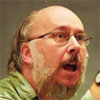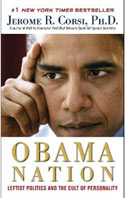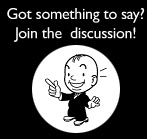
In many ways, [Obama's] language recalls that of Walt Whitman whose Leaves of Grass sought to develop a synthetic construction of what America was like as a nation, linking together a range of individual experiences, memories, perspectives, sense impressions, to create a vision of the nation as one big organism. . . .Harry Jenkins, MIT "Obama and the 'We' Generation February 18, 2008.Obama is charting a map of the future by mobilizing what is most valuable, most precious in the nation's past. In doing so, he is constructing a shared mythology which speaks to us across historic divides in our national consciousness. Nothing could be further removed, say, than Edward's talk of 'Two Americas.' In Obama's version, there are at once many Americas, each self contradictory and refusing to be reduced to stereotypes, and one America, a collective intelligence ready to process all of that diversity and arrive at shared solutions to shared problems. . . .
Think of the speech as a mash-up of JFK, RFK, Ceasar Chavez, and Walt Whitman, delivered with the candences of Martin Luther King. Think of it as thus a new synthetic mythology for a new kind of knowledge culture. It may be the most powerful remobilization of historical and contemporary perspectives since the Popular Front movement of the 1930's. . . . My hope is that Obama's rhetoric may evoke a similar response in future generations and in that sense, it will be, to use a word Obama likes to talk about, 'transformative.'




